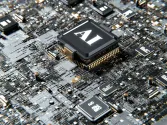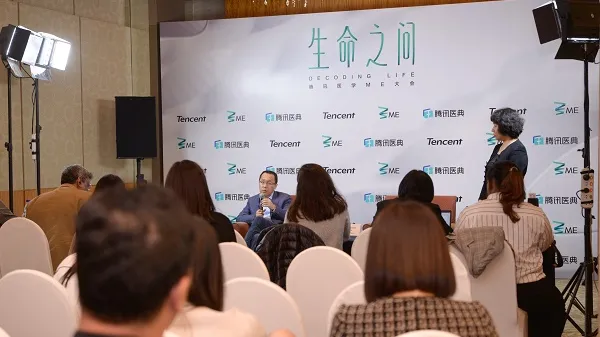
Tencent's Medipedia draws tech-challenged seniors via rich storytelling
Medical content can be viewed in the form of articles, animation, and videos.
Since the launch of Medipedia in 2017, the extensive medical knowledge platform developed by China’s internet giant Tencent Holdings, it has attracted elderly users, with a staggering 70 million count.
Such audience base reflects the present healthcare landscape of China where the country is seeing a rise in the ageing population. The number one sighted problem of China’s healthcare system is the transition to an ageing society, particularly of working civilians, according to a report by Credit Suisse earlier this year.
The report further revealed that primary care in the country, including those for the eldelry, is virtually non-existent. Normally, patients go to a general practitioner following the onset of sickness, where they are later on redirected to a specialist for more targeted treatment. Such first response does not occur in China, where patients have no choice but to be prompted to a specialist despite having only a mere headache.
In publishing medical information that caters to a holistic journey of prevention, pre-diagnosis, ongoing, and post-treatment, Tencent does not lose sight of the emerging reality in digitisation: that the elderly who need medical assistance the most are also the most technology-challenged.
In addressing such concerns, Medipedia turns to a combination of science and the arts to water down complex knowledge and transform it to various forms of media, such as articles, animations and videos.
“We make the elders feel at ease to use our product. First, we simplify the medical content, and borrow from the visual arts to make the information easy to understand. We merge science with the arts to ensure that we are able to explain scientific knowledge through creative and engaging multimedia content. For a disease that can be explained by a graph or a picture, it’s important to know how to paint and tell a story,” said Zhang Meng, vice president of Tencent Medical, in a pre-interview at the Medical Enlightenment Summit on 4 November.
Medipedia serves as Tencent’s answer to WebMD and Mayo. The platform stands as a solution to what the company sees as a scarcity of a comprehensive medical database that is not just trustworthy, but also readily available to anyone, according to Meng.
Although Medipedia builds on references like WebMD, Tencent ensures that it creates a knowledge structure unique only to the company’s vision.
“I don't think there's any similar product that organises medical content like we do, from the pre-treatment, to ongoing, until post-treatment. Based on the patient’s online browsing history in the platform, they will be presented with the most asked and relevant information. Aside from that, you can also browse the platform’s multimedia content, as well as our Q&A section that will give you more tailored answers. You will also be able to access our live broadcast from our KOLs.”
“To give an example of the depth of the level of writings in our content, whenever you search for example, small cell lung cancer, you’ll find 600 articles covering from the symptoms to the general treatment guidelines. You will also be able to access a more tailored content, if for example, cancer has metastasised, and you’re already in the phase II of the cancer, you’ll know what kind of treatments are available to you, and the NCCN and Chinese ASCO guidelines corresponding to the treatment. You’ll get a sense of where the overseas content will be and get a tailored version for the Chinese situation.”
As contradicting as it sounds, a tech giant like Tencent still believes that human intellect is its best instrument in ensuring that whatever medical knowledge they publish, it is accurate and reliable to the brim. In collating medical content, AI is leveraged, but medical editors share the brunt of content development.
“We use AI to select the topic of articles, to tell us what article is needed. AI technology is also utilised to test the readability of the information we put out, and once that is verified, we give it back to the medical editors and pinpoint the areas for improvement and revision. It is then that our medical editors communicate with the doctors and get into the finer details of editing.”
When asked about Tencent Medical’s future plans, Meng said that they are determined to further enhance the present technology Medipedia has. It may go as far as adding on-site doctor messaging alongside knowledge sharing, but as a medical encyclopedia platform, it will focus first and foremost on its product baseline.
“At this stage, we are not capable yet to enable a feature that will link patients to a doctor, once a more personal medical question arises. It’s hard to match those needs at this current point. Our goal is to satisfy one need first and then move on with exploring the other. It’s complicated, because you’d have to be able to make sure first that the doctor you’ll be connecting with is actually the right expertise in that medical area you wish to know about. We can do the math but it’s not in place yet. We want to make sure that, that type of user experience is relevant and trustworthy,” noted Meng.
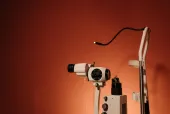

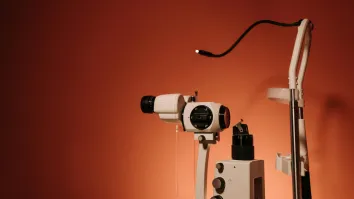

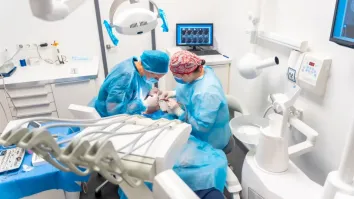














 Advertise
Advertise

